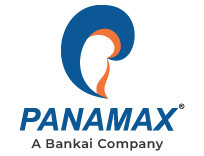The concept of payments has witnessed a tremendous transformation since the late 1990s when innovative payment methods began to appear. Cashless payments have evolved from cards to digital wallet solutions to fiat currency to cryptocurrency with each up-gradation in financial technology.
Digital currency has become more prominent than its physical form since the inception of e-wallet platforms that laid out solutions for the problems of cash and made payment experiences more convenient. The mobile wallet market value is projected to expand from $220 billion in 2021 to $970 billion in 2030.
This massive growth will be backed by telecom e-wallet solutions, banks, fintech companies, digital-only solutions, Near Field Communication (NFC), and other advanced payment technologies. The increasing demand for Central Bank Digital Currency (CBDC) and cashless, cardless, secure payments has led to innovations in digital wallets in recent years. Let’s see some top digital wallet trends that will dominate the financial services industry in 2023.
Top Digital Wallet Trends to Bet On for 2023
Buy Now, Pay Later Gaining Popularity
Buy now, pay later (BNPL) services have recently become wildly popular because they provide higher accessibility to shoppers and boost AOV (Average Order Value) for merchants. Customers can use BNPL to make big-ticket purchases without endangering their monthly budget and raising credit card debt.
Businesses and retailers can offer this POS (Point-Of-Sale) financing option to empower shoppers with greater purchasing power for the goods that they want the same day during uncertain financial times. The customer-centric approach leads the current fintech ecosystem to rethink the lending landscape.
Younger e-commerce customers prefer the BNPL option in their digital wallet solutions since it allows interest-free, extra-flexible, and installment payment options. In addition, merchants can gain a competitive advantage in their market with improved brand loyalty and customer acquisition.
The Emphasis on Smart Speaker Payments
Smart speakers or home assistants have seen considerable growth over the years. It allows users to speak with them, give commands, and complete tasks, such as booking a cab, ordering food, and playing a TV show. Users are increasingly getting used to the utmost convenience of making direct payments through voice assistance for frequently used services and goods, like groceries, home care products, and commutes.
Currently, the number of users making payments using smart speakers is less because of security concerns, but it is likely to become more secure with time. Smart speakers also facilitate IoT payments requiring buyers to authorize a payment plan based on sensors and automatic data sources. For example, telecom e-wallet solutions allow users to renew subscriptions through smart speaker commands.
Social Shopping
Smartphone users spend a significant part of their day scrolling social media applications. It makes an excellent opportunity for brands to snag more sales. Social shopping is an alternative to e-commerce websites for accessing product descriptions and reviews on social media. Digital wallets play a crucial role in providing payment gateways and methods for social shopping.
Merchants can strengthen their social media marketing game to speed up conversion rates. Users can easily access brands, preferred payment methods, and customer service while casually navigating through social media.
Biometric Authentication
Using ATM-like tangible systems will probably become a norm shortly. The number of transactions via digital wallet solutions has gone through the roof. As a result, many fintech start-ups, banks, and key e-wallet platforms are considering employing biometric authentication for every payment and money transfer.
Digital wallets can leverage biometric authentication to enhance security by preventing unauthorized access to cards, e-wallets, bank accounts, and other confidential information. The company would store the encrypted code that describes collected biometrics, like face, fingerprint, palm print, or retina. Digital wallets can use decentralized identity applications to store and share these data points when needed.
Cryptocurrency Wallets
Currently, tens of millions of people use cryptocurrency wallets created on blockchains. The past couple of years have observed a steep rise in crypto wallet users despite the ups and downs in the market. This user spike can be attributed to record profits, minimal transaction fees, and top-notch security.
Cryptocurrency payments involve only a small network cost, since no third party is required. The transaction through a cryptocurrency wallet doesn’t involve real coins. Instead, it’s signified by the transaction record on the blockchain and the following change in the wallet balance. Besides, digital currency will probably get recognized as legitimate by major governmental bodies and central banks across the globe in the upcoming years.
Stay Relevant in This Fast-changing Digital Financial Ecosystem
The introduction of path-breaking and innovative financial technology in this era of a cashless economy has led to a dramatic shift in consumer expectations and the functioning of financial transactions. Digital wallet solutions have quickly gained wide acceptance among industries and markets as the most preferred way for enterprises to retain customers. E-wallets have come a long way, but undoubtedly, they will continue to dominate the market with their more secure, productive, and convenient versions over the upcoming years.
Panamax’s MobiFin Mobile Wallet Solution leverages the latest technologies to help you create your customized digital ecosystem and launch a mobile wallet tightly linked to your core system.
Related Blogs
The Journey of Mobile Wallet: Onwards and Upwards
Mobile Wallet: Changing the Dynamics of Digital Banking


















